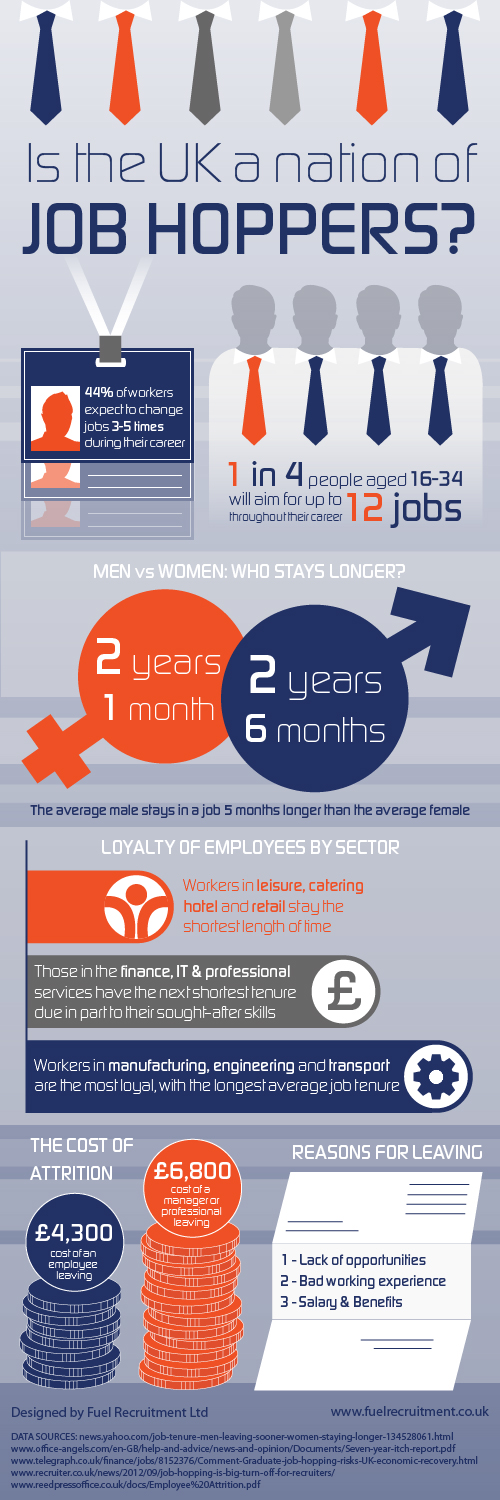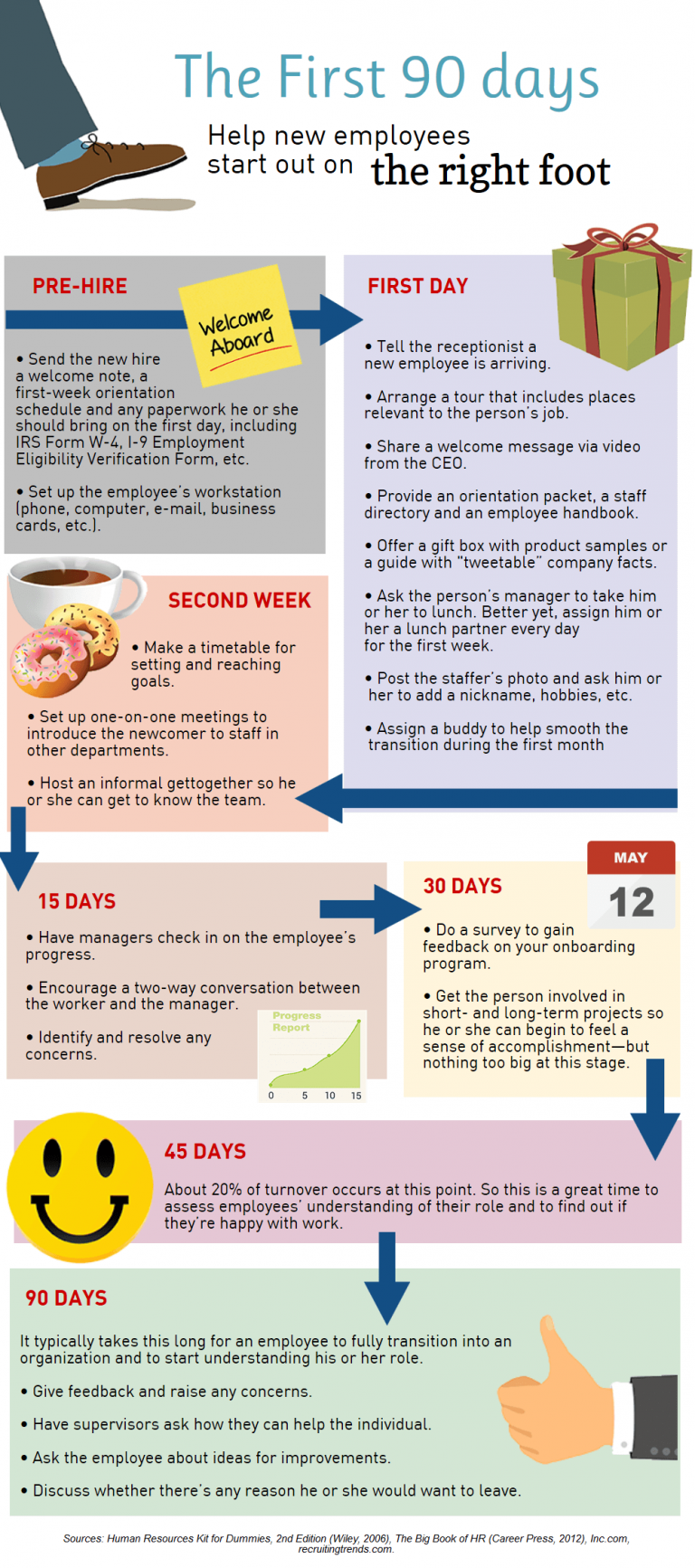 According to research carried out by the consultancy firm, Accenture, an incredible 90% of UK workers have experienced mental health issues.
According to research carried out by the consultancy firm, Accenture, an incredible 90% of UK workers have experienced mental health issues.
The survey which was carried out in October 2018 through the YouGov Omnibus service, revealed the different ways in which employees have been affected by mental health challenges. Two-thirds (66%) of those questioned said that they have personally experienced problems while 85% said someone close to them has suffered.
Among those who have struggled with their mental health, three out of four (76%) said that their challenges have affected their ability to enjoy life. 30% said that it was so bad that they are occasionally, rarely or even never able to enjoy and fully take part in everyday life.
The managing director and mental health lead for Accenture, Barbara Harvey warned that these figures show that the UK’s mental health crisis is much worse than it was originally thought. She commented:
“We’re used to hearing that one in four people experience mental health challenges, yet our research shows that the number of people affected is in fact far higher. It’s clear that mental health is not a minority issue; it touches almost all employees and can affect their ability to perform at work and live life to the fullest.”
One positive to come from the findings is that people are finally starting to feel more comfortable when it comes to discussing mental health. 82% of those questioned said that they are more willing to speak openly about the issue than they were even just a few years ago.
Despite this, there are fears that employers still aren’t creating an open culture about mental health and that they don’t do enough to address the struggles their employees may be facing.
Just one in four (27%) respondents said that they’ve seen a positive change in the way that employees speaking openly about mental health at work and only one in four (20%) say there has been an improvement in workplace training to help manage their own challenges, or to help them support colleagues.
Among those who have experienced a mental health issue, 61% didn’t speak to anyone at work about it. Worryingly, 51% feel that raising a concern about this topic might negatively affect their career or prevent them from getting promoted. 53% also believe that opening up about a mental health challenge would be perceived as a sign of weakness.
For employees who haven’t felt able to open up about their struggles, more than half (57%) say this led to them feeling stressed out, alone, lacking confidence and being less productive. Among those who did open up in the workplace, 81% said they experienced a positive reaction of empathy or kindness.
Overall, organisations which have an open and supportive culture around mental health saw reductions in stress levels and feelings of isolation and an increase in confidence.
Speaking about the responsibilities employers have when it comes to addressing mental health issues, Harvey continued:
“It’s time for employers to think differently about how they support their employees’ mental wellbeing. It’s not only about spotting the signs of declining mental health and helping employees seek treatment when needed. Employers need to take a proactive approach by creating an open, supportive work environment that enables all their people to look after their mental health and support their colleagues. The payoff is a healthier happier organisation where people feel energised and inspired to perform at their best.”















Join us on LinkedIn Follow us on Twitter
Follow us on Twitter 